Classical schools honor the old. Reading and discussing a great work in high school give the mind a preparatory receptivity until greater experience can broaden and deepen the field of reference, at which time studying the same work in college can be an experience formative for life.
 These past two weeks, I have had occasion to experience and publicly praise the burgeoning movement of classical academies. I was honored to give the commencement address on May 20 at Ozark Catholic Academy in Tontitown, Arkansas, and the following weekend at Valor South Austin. It is hard not to think that a major shift in education is underway.
These past two weeks, I have had occasion to experience and publicly praise the burgeoning movement of classical academies. I was honored to give the commencement address on May 20 at Ozark Catholic Academy in Tontitown, Arkansas, and the following weekend at Valor South Austin. It is hard not to think that a major shift in education is underway.
Too often in public secondary schools, trends of the moment dominate the classroom experience. State testing drives the curriculum. Teachers are burdened with top-down expectations while they engage in the daily exercise of trying to negotiate all the social ills that come to a focus in the small space they try to control. Their choices of textbooks are limited to those approved by the state. If you were a publisher thinking about the bottom line, ask yourself what you would emphasize to sell a new textbook to a state board of education with the approval of the unions. The Athenian Stranger nails the approach it in Plato’s Laws: “making the old to be dishonored among them and the new to be honored.” The Stranger goes on to say, “there is nothing which is a greater injury to all states than saying or thinking thus.”
In other words, constant educational innovation is an ongoing injury to the body politic—the recognition that fuels the classical school movement.
Classical schools honor the old. In “Ode to a Nightingale,” John Keats has a moment when he recognizes that “The selfsame voice I hear this passing night was heard/In ancient days by emperor and clown.” Classic texts are heard now in the same cadences and meanings that they had in ancient days and in all the centuries since; they can be read now as they have been read by the great men and women who came before us and found insights through them into the deepest meanings of their own day. “For what are the classics but the noblest recorded thoughts of man?” asks Thoreau. “They are the only oracles which are not decayed, and there are such answers to the most modern inquiry in them as Delphi and Dodona never gave. We might as well omit to study Nature because she is old.”
In literature alone, the graduates of the classical academies where I spoke have already read the Iliad, the Odyssey, the Republic, the Aeneid, the Divine Comedy, and often several Russian novels. They already have a profound disposition of respect toward what is old and deeply customary. This effect is all to the good, and it must be secured against the temptation for both students and their parents to think that these young people already have the necessary background that they need. Why not move on to an education that will “get them a job”? Why send them to a place like Wyoming Catholic College?
Because most colleges in this era of wokeness enforce approval of practices and thoughts that “make the old to be dishonored and the new to be honored.” Suppose that the curriculum—say, at a state university—dismisses the very idea of great books, as most curricula do today? It is a rare thing if college does not trump high school.
Reading and discussing a great work in high school, I would argue, gives the mind a preparatory receptivity until greater experience can broaden and deepen the field of reference, at which time studying the same work in college can be an experience formative for life. Ask me what I read in high school, and I can remember a few standard titles. Ask me what I read in college, and I can almost rewrite my papers on Othello or Macbeth after fifty years. High school, in other words, is preparatory, whereas college is transformative. As one of our recent graduates wrote, she has come to understand “the human person in both his glory and brokenness, the paradox of humanity.” Looking back as though from a mountain pass and citing Dante in particular, she writes that her vision “of the entirety of creation, the cosmos, the drama and ends of human existence” has permanently changed her life. Experiencing the classics on the college level—uniquely combined at WCC with unforgettable experiences of the Mountain West—prepares the mind and the imagination for the whole of life, professional and familial.
Our graduates have spiritual depth and philosophical acuity. They can speak in public and write with clarity. They have range because of their study of various disciplines and their many circumstances of having to adapt and lead in the back-country. There is much more to say but let me stress one thing in particular: the classical movement in K-12 education is a great thing, a great sign of hope, and its effects should be safeguarded. Classical education in high school should lead directly to greater enrollment in colleges like ours that deepen the desire for learning and foster trust in the good through old ways as fresh as the morning.
Republished with gracious permission from the Wyoming Catholic College Weekly Bulletin.
The Imaginative Conservative applies the principle of appreciation to the discussion of culture and politics—we approach dialogue with magnanimity rather than with mere civility. Will you help us remain a refreshing oasis in the increasingly contentious arena of modern discourse? Please consider donating now.
The featured image is “J.N. Madvig overrækker som Rector magnificus de unge Studenter deres akademiske Borgerbreve” (1897) by Erik Henningsen, and is in the public domain, courtesy of Wikimedia Commons.


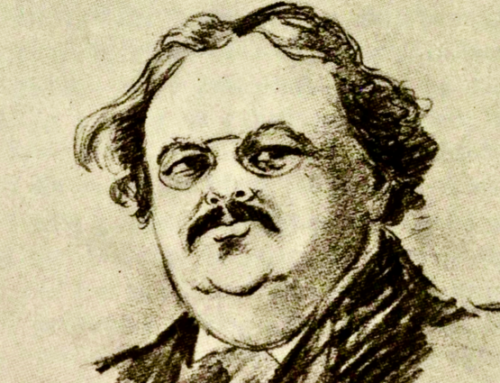
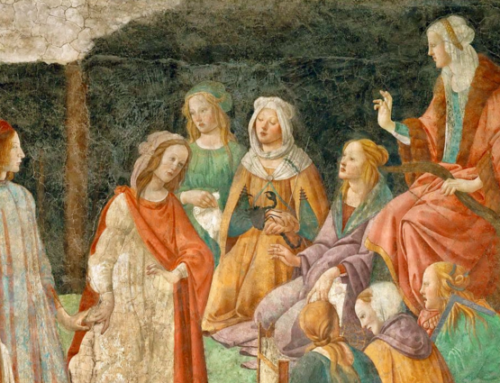
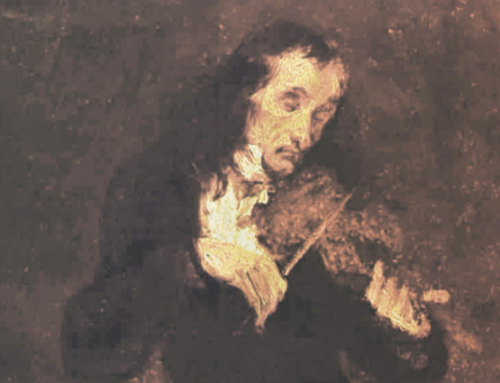
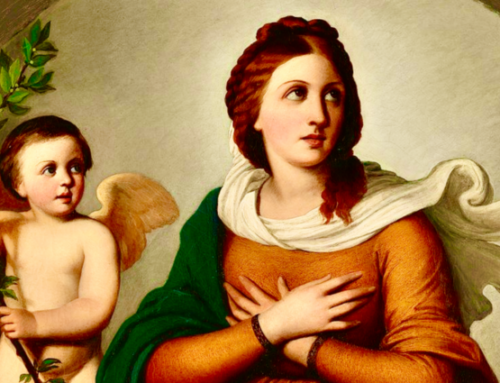
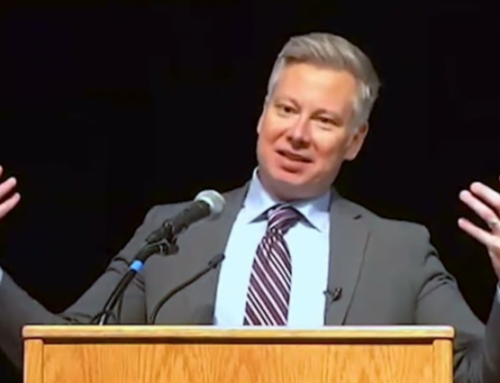
I love your site! It’s beautifully designed and easy to use. Please never change it!